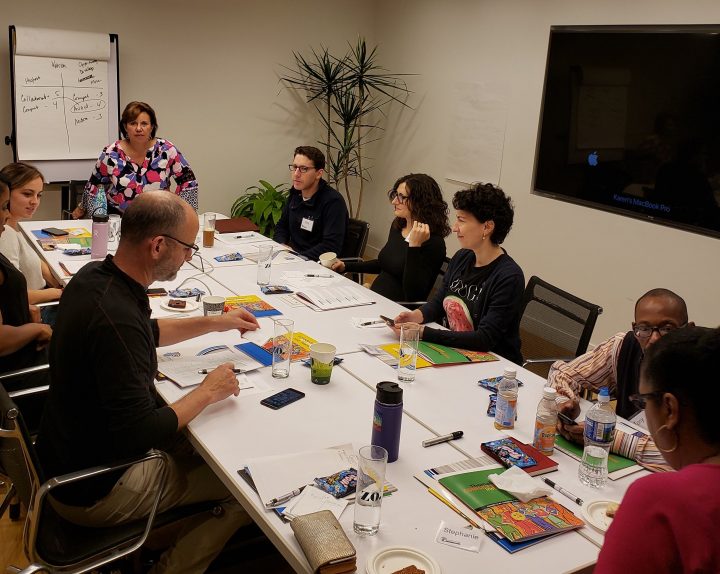If you have been following my facilitation blog series, you know the price of your meetings and you are adhering to facilitation best practices. Still, sometimes meetings go off course, and that’s when your work is to go even deeper.
Here are tools to help you prepare in advance and create more productive meetings. And if you don’t think you have time for this, think again. Remember how much your meeting costs in dollars, as well as its impact on your reputation and credibility in the organization.
When you know that you are going to cover a topic that is potentially contentious, do your homework and talk to the key stakeholders ahead of time.
- Understand and validate their points of view.
- Encourage them to listen carefully to conflicting ideas.
- Ask them questions about the other viewpoints.
- Ask your colleagues explicitly if you can count on them to consider differing points of view.
- Ask them questions such as: What’s the worst thing that could happen if we implement the opposing plan? What parts of the other viewpoint make sense to you? Would it be possible to give some aspects of this other option a try?
If the topic of the meeting is complicated, consider having slides to show the pros and cons, or the budget, or the way the new system works. Visuals are extremely helpful in conveying information. Whenever my husband Bill and I are confused by what the other is describing, we ask, “Can you show me?” It simplifies the topic very quickly and effectively.
Sometimes more information is needed to make a decision. Be quick to suggest a subsequent meeting with the key stakeholders so the entire group isn’t involved in a decision that can be made by only a few individuals.
Pay close attention in your meetings not just to the topic, but to the interactional dynamics.
What are some additional questions you can ask in order to encourage a respectful conversation when there are various conflicting perspectives?





0 Comments